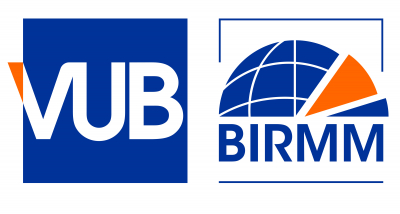ABSTRACT
This panel debate will discuss the challenges of reintegrating return migrants in West Africa, with a particular focus on the Gambia. The EU has placed an emphasis on tackling irregular migration from West Africa including by returning them to their country of origin. It has also financed comprehensive “Assisted Voluntary Return Programmes” for West African migrants stranded on their way to Europe, most often in Libya. These migrants may not only receive support to get back but also to reintegrate again in their home societies. “Sustainable reintegration” has been defined as one of the multidimensional objectives of the Global Compact on Safe, Orderly and Regular Migration. Yet, what are the actual experiences of returnees once they are back in their home country? Do local governments and European/international actors follow up once a return procedure is completed? Put differently, is “sustainable reintegration” a policy concept without much actual meaning or does it indeed impact the lives of returnees?
PANELISTS
-
Dr. Ismaila Ceesay is a Senior Lecturer of Political Science and head of the Political Science Department of the University of The Gambia. Aside his role as an academic, Dr. Ceesay has been previously involved in a number of projects as consultant for the UN, EU, NGO’s etc.
-
Ms. Ndey Haddy Jeng is the Deputy Head of Mission at the Gambian Embassy in Brussels and Mission to the European Union. She is a career Diplomat with specialisation in European and International Governance. She served as the National Focal Person of The Gambia to the Euro-African Dialogue on Migration and Development (Rabat Process) from 2016-2021.
-
Prof. Ine Lietaert has a PhD in Social Work (Ghent University) and works at UNU-CRIS as assistant professor in global governance and regional integration, with a specific focus on migration governance.
MODERATION
-
Prof. Florian Trauner, co-director of BIRMM, Vrije Universiteit Brussel

